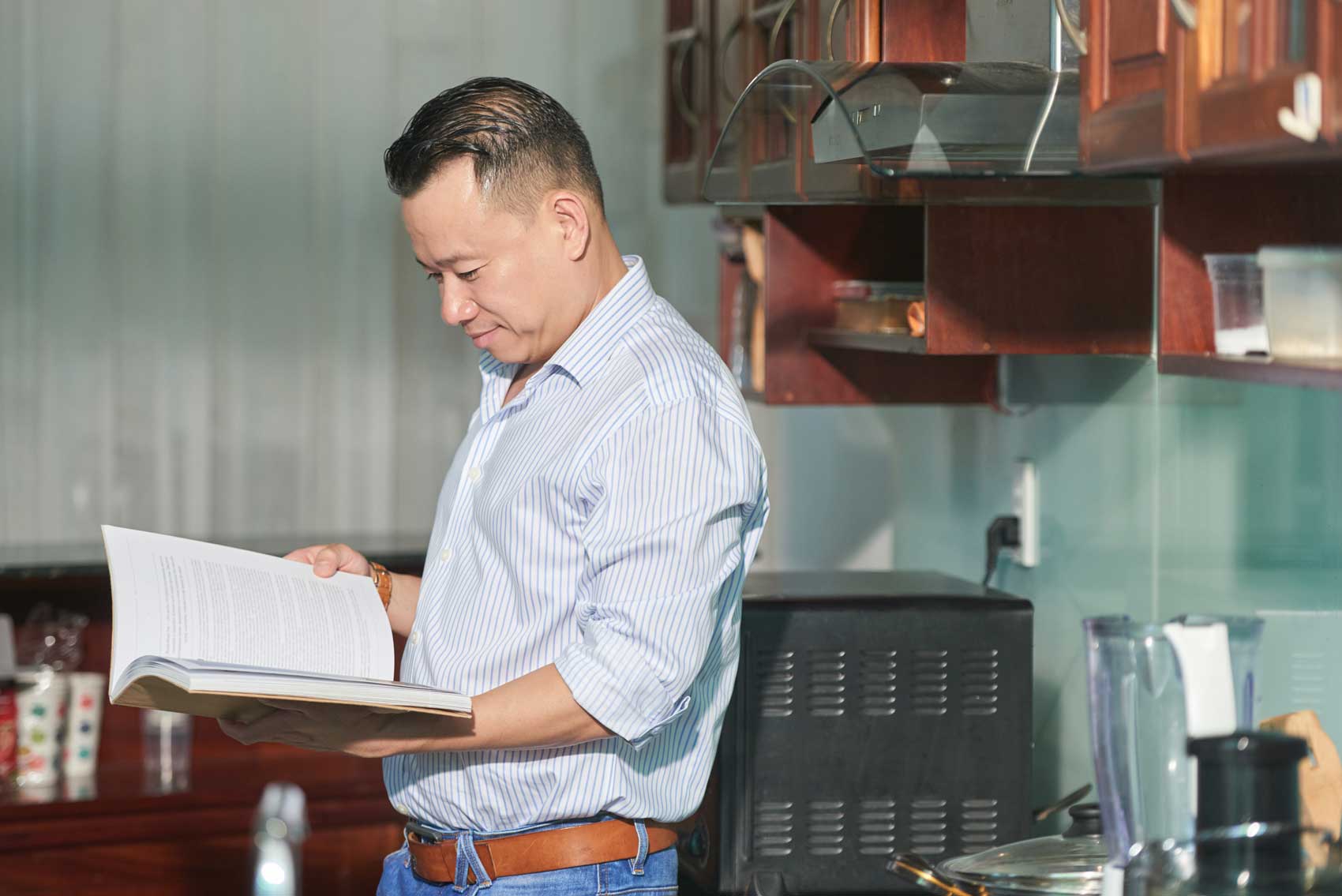As we spend more time at home, we may be engaging in more screen time as we try to keep busy. This can make it difficult to manage recovery from a concussion and could exacerbate symptoms.
We’ve put together a few tips on how to manage concussion symptoms during this challenging time. Talk to your family doctor or other licensed medical professional if you have questions.
Screen Time
We are all spending more time looking at screens—computers, laptops, tablets, phones, video game consoles, and TVs. This can trigger headaches, dizziness, or nausea in people recovering from concussion. To reduce symptoms due to extra screen time:
- Be mindful of how much screen time you are engaging in—start by limiting screen time to 30 minute-increments spaced out throughout the day. A timer could help to keep you accountable. Limit this screen time further if you are still experiencing symptoms.
- Use a blue light filter, nighttime settings, or turn down brightness on screens.
- Switch your family video chats or work Zoom calls to phone conversations.
- Trade screen time for time spent outdoors and creative, hands-on activities.
- Play board games instead of computer or video games.
- Limit screen time right before bed to support good sleep.
Loud Noises, Bright Lights, and Crowded Households
You may have sensitivity to light or noise as a result of your concussion, or have difficulty concentrating. Crowded households and noisy environments could make these symptoms worse.
Some temporary solutions include:
- Wearing sunglasses or a baseball cap during the day when the sun is shining. Lowering the blinds and/or dim lights.
- Using noise cancelling headphones and ear plugs to reduce sound.
- Avoiding florescent lighting and staring at screens for long periods.
- Identifying and minimizing triggers. Elevators, busy patterns on carpet or wallpaper, or long car rides can trigger dizziness or nausea.
- Seeking some quiet time for yourself in a room of your house or basement.
- Implementing a period of time for “quiet time” for the whole family. Read, listen to music, or meditate.
- Adjusting nighttime lighting by using nightlights, or carrying a small pocket flashlight; and using visual cues such as glow-in-the-dark stickers on light switches and door handles.
- Using medication, if appropriate, as directed by a licensed medical professional.
REMEMBER: Strategies and techniques to minimize triggers for symptoms should be used in the short term only. If used on an extended basis, strategies can slow recovery. Review all medications and strategies with your doctor or a licensed medical professional.
Mental Health
You might be feeling more irritable, emotional, or depressed as a result of your concussion or your current situation. Please seek support from a counsellor or psychologist if you need it.
Manage mental health symptoms by:
- Identifying and reducing sources of stress.
- Practicing meditation, Progressive Muscle Relaxation, or breathing exercises.
- Limiting social media, text messages and emails, and COVID-19-related news. Set your phone to “Do Not Disturb” for a period of time and mute notifications on your phone apps.
- Using memory aids, such as keeping a calendar or to-do list and writing reminders.
- Getting appropriate rest and a good night’s sleep. Try to go to bed and wake up at the same time each day.
- Not oversleeping, which can lead to mood dysregulation.
- Managing expectations of friends and family members. Speak up when you need a break or need to adjust your surroundings.
- Engaging in physical activity, as tolerated and in consultation with your doctor.
Our fact sheet on Managing Mental Health Symptoms has more information.
If you need immediate assistance or someone to talk to, call 9-1-1 if it is an emergency, or one of the crisis lines in our BC resource sheet.
Energy Levels
Staying at home to support physical distancing provides a supportive environment for patients with concussion to slow down, rest, and recharge.
- Eating a balanced diet and stay well hydrated; your brain needs this energy to heal.
- Planning and organizing your day to ensure you are completing tasks during times when you feel rested and have the most energy.
- Prioritizing your time and energy; deciding which tasks are most important, and which can wait.
- Taking breaks as needed. Go for walks, taking care to practice physical distancing measures.
- Adjusting your posture – standing for too long or sitting in a hunched position may make you feel more tired.


